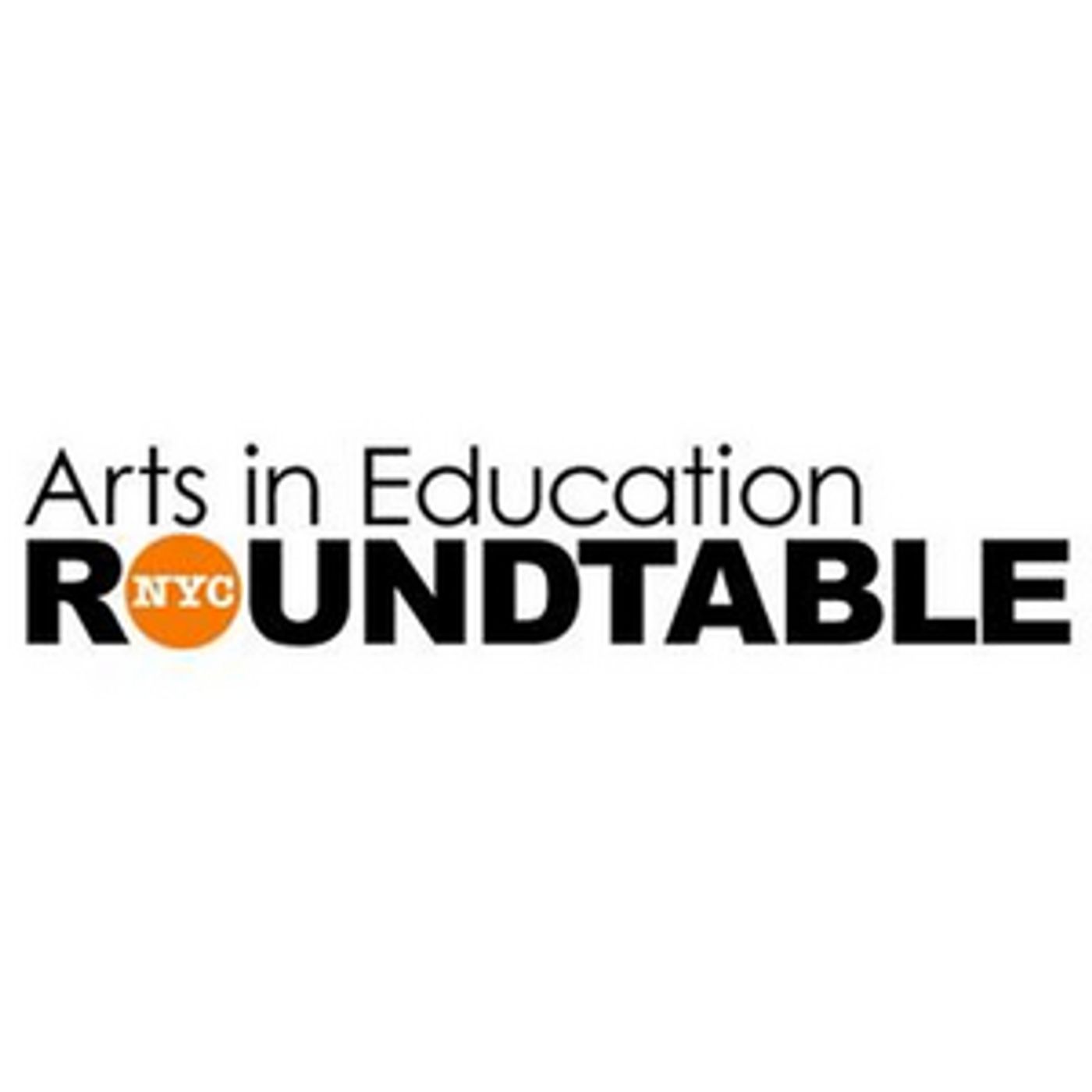NYCAIER's Arts Educator Emergency Relief Fund Provides Unrestricted Grants to 340 Arts Education Professionals
786 arts educators applied for the first cycle in June 2020 and 680 applied for the second cycle in April 2021.

The NYC Arts in Education Roundtable recently awarded 340 arts education professionals financially hard-hit by Covid-19 with one-time, unrestricted grants of $1,000 from the Arts Educator Emergency Relief Fund. This second cycle of relief funding was made possible with public funds from the NYC Department of Cultural Affairs and additional support from The Milton and Sally Avery Arts Foundation.
"Teaching Artists are highly specialized workers, often working at the heart of schools and communities throughout the five boroughs", says Kimberly Olsen, Executive Director of the NYC Arts in Education Roundtable. "We believe it is imperative that NYC continue to prioritize and invest in Teaching Artists who are still facing disproportionate financial impact due to the pandemic. We are so grateful for the support of the Department of Cultural Affairs and the Milton and Sally Avery Arts Foundation to provide emergency relief to arts & cultural workers at this critical time."
Major funding for this round of relief funding comes from the NYC Department of Cultural Affairs, which conducted a survey in spring 2020 of the impact of COVID-19 on the city's cultural community and found that arts educators were particularly hard hit by the pandemic. As a result, the DCLA partnered with NYCAIER to invest in another round of relief grants as part of its broader efforts to support the cultural sector amid the unprecedented damage caused by the pandemic.
"Arts educators are essential for a healthy cultural community that connects with youth and people of all ages," said Cultural Affairs Commissioner Gonzalo Casals. "As cultural workers, they were also particularly vulnerable to the pandemic, as we saw them laid off and furloughed at incredibly high rates. We were proud to build on the work of the NYC Arts in Education Roundtable by investing in this relief fund, which has provided support to hundreds of arts educators across the city, showing them we value their work and helping them to face this unprecedented challenge."
The application for the Relief Fund included a survey to help NYCAIER and other stakeholders better understand the impact of the pandemic on the city's arts educators. The numbers reported by grantees is staggering. 96.2% of grantees reported that their income was under $30,000 in 2020; 82.6% were furloughed or laid-off; and more than half of grantees reported losing 71% or more of their income. Of those awarded emergency relief funding, 78.2% identified as a teaching artist and 19.7% identified as both a teaching artist and arts administrator. More than 70% of grantees identified as BIPOC with $102,000 going to Black practitioners as part of NYCAIER's ongoing efforts to dismantle systems of white supremacy in NYC schools, organizations, and communities.
Originally launched with the generous support of the New York Community Trust, the NYC COVID-19 Response and Impact Fund in the New York Community Trust, and the Booth Ferris Foundation, both cycles received a combined 1,466 individual applications. 786 arts educators applied for the first cycle in June 2020 and 680 applied for the second cycle in April 2021.
Grantees have shared how the Arts Educator Emergency Relief Fund has allowed for them to secure some of their basic necessities of life, from paying their rent to putting food on the table for their families. "The award comes at a time when the loss of work in education, with New York City's bright and inspiring schoolchildren, couldn't be felt more - both financially and psychologically," says teaching artist Misha McGlown. "I am grateful to live and work in a city where my work as an Arts Educator is valued, enhanced, and supported by an organization such as the NYC Arts in Education Roundtable."
Teaching Artist Toni Blackman is one of too many performers whose ability to earn a living has been devastated by Covid-19. "The NYC Arts in Education grant comes at a crucial time. Normally, I'd be touring - performing and teaching but the pandemic grounded so much of the work. As a longtime teaching artist I do not take it for granted. It's incredible to witness how many teaching artists are being impacted by this grant."
Research and practice shows that an arts-rich education from pre-K through 12th grade can lead to increased academic and social-emotional skill development as well as higher attendance and graduation rates. Arts education provides critical opportunities to actively engage students needing specialized curriculum-specifically students with disabilities and multilingual learners who have lost instructional time and access to mandated services.
The impact of arts in our schools is also articulated in the 2021 NYSED Summer School Handbook, which encourages districts and schools to design programs with an emphasis on the arts in both enrichment and instructional programming. Specific guidance for the 2021-2022 school year is still pending.
"As this cultural workforce struggles with job security in an already under-resourced ecosystem, we need to support these practitioners' survival in our city," says Olsen. "Ultimately, championing arts educators in the recovery process means a commitment to advancing equity in our classrooms, investing in arts workers, strengthening community partnerships, and supporting the social emotional wellbeing of our students."

Videos

